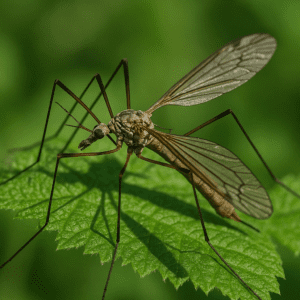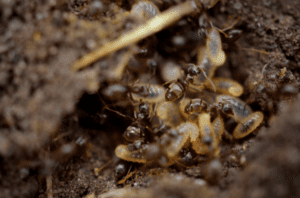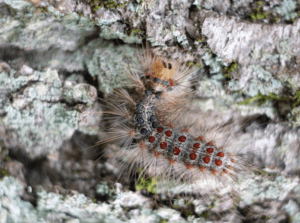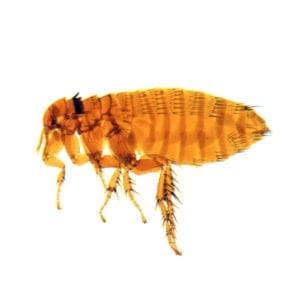

Curious about bed bugs? This article delves into bed bug facts, covering everything from their habits to treatment options. Read on to discover essential information about these pests, their impact, and effective strategies for prevention and eradication.
Do Bed Bugs Fly?
Bed bugs do not fly. They lack wings, so they cannot fly like mosquitoes or other insects. Instead, they move by crawling. Bed bugs are adept at hiding in cracks and crevices near their hosts' sleeping areas, emerging at night to feed on blood. Their inability to fly doesn't hinder their ability to spread, as they can hitch rides on clothing, luggage, or furniture, allowing them to infest new areas easily.
How Fast Do Bedbugs Reproduce?
Bed bugs are prolific reproducers, with females capable of laying hundreds of eggs in their lifetime. They typically lay 1-5 eggs per day, totaling up to 200-500 eggs over several months. These eggs hatch within 6-10 days under favorable conditions, such as warmth and access to blood meals. The newly hatched nymphs go through five molts before reaching adulthood, with each stage requiring a blood meal. This rapid reproductive cycle contributes to the quick spread of infestations in homes and other environments.
How Long Can a Bed Bug Live Without a Meal?
Bed bugs are resilient pests, capable of surviving several months without a blood meal under favorable conditions. While their exact survival time varies based on factors like temperature and humidity, adult bed bugs can typically live anywhere from 2 to 6 months without feeding. However, they become more active and reproductive when they have access to regular blood meals. Nymphs (young bed bugs) generally have a shorter lifespan without feeding, usually surviving for a few weeks to a couple of months.
How Do You Get Bed Bugs?
Bed bugs can infest homes through various means. They often hitchhike on clothing, luggage, or used furniture, allowing them to spread rapidly. Additionally, they can move between adjacent units in multi-family housing, such as apartments or hotels. Infestations may also originate from infested items brought into the home, like second-hand clothing or bedding. Bed bugs are excellent at finding hiding spots in cracks, crevices, and furniture near sleeping areas, making it challenging to detect and eliminate them once established. Regular inspection and hygiene can help prevent infestations.
Do Bed Bugs Bite Every Night?
Bed bugs don't necessarily bite every night. Their feeding frequency depends on various factors, including the availability of hosts (usually humans or animals), their developmental stage, and environmental conditions. While they prefer to feed regularly, sometimes multiple times a week, bed bugs can go without feeding for several weeks or even months. However, when they have easy access to a host and are in need of a blood meal for growth or reproduction, they may bite more frequently, most often during the night when hosts are asleep.
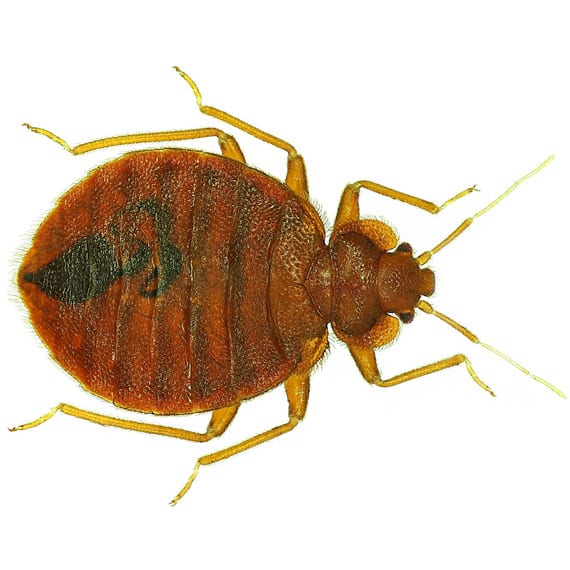
Do Bed Bugs Only Bite at Night?
Bed bugs are primarily nocturnal feeders, preferring to bite during the night when hosts are asleep and less likely to disturb them. However, they can also feed during the day if they're particularly hungry or if the sleeping area is disturbed. Daytime feeding might occur in places with high infestation levels or when hosts are immobile for extended periods. Generally, their preference for nighttime feeding makes them more difficult to detect and eradicate, as their bites often go unnoticed until a rash develops.
Can Bed Bugs Live in Foam Mattresses?
Bed bugs can infest foam mattresses as they provide numerous hiding spots in the foam's crevices and seams. However, their ability to thrive in foam mattresses depends on factors such as the mattress's age, condition, and thickness. While they prefer traditional fabric-covered mattresses due to easier access to hiding places, they can still inhabit foam mattresses. Regular inspection and maintenance, along with professional treatment if infestation occurs, are essential for managing bed bug populations in any type of mattress.
What Do Bed Bug Bites Look Like on the Body?
Bed bug bites typically appear as small, red, itchy welts on the skin, often in clusters or a linear pattern. They resemble mosquito bites but are usually smaller and more inflamed. The bites may become increasingly itchy and irritated over time, sometimes developing into raised, red bumps or blisters. Some individuals may not react to bed bug bites at all, while others may experience allergic reactions, including severe itching, swelling, or even anaphylaxis. Consulting a healthcare professional can help confirm the source of the bites and provide appropriate treatment.
Can Bed Bugs Transmit Diseases?
While bed bugs are not known to transmit diseases directly through their bites, their presence can lead to physical and mental health issues. Bed bug bites can cause itching, discomfort, and secondary infections from scratching. Moreover, the stress and anxiety resulting from infestations can impact mental well-being. Although rare, some studies suggest a potential link between bed bugs and the transmission of certain pathogens. However, further research is needed to fully understand their role in disease transmission. Regular monitoring and professional pest control are crucial for managing infestations.
Does Spraying Alone Eliminate Bed Bugs?
Spraying insecticides alone may not completely eradicate bed bug infestations. While it can kill exposed bed bugs, it's often ineffective against those hidden in cracks, crevices, or deep within mattresses. Moreover, bed bugs can develop resistance to certain pesticides over time. Integrated pest management (IPM) strategies combining various methods, such as thorough cleaning, vacuuming, heat treatments, and targeted pesticide application, are more effective. Professional pest control services can assess the extent of the infestation and implement appropriate measures for comprehensive eradication.
Understanding bed bug facts is crucial for effective bed bug pest control. Whether you're dealing with an infestation at home or in your business, Twin-Boro’s expert residential and commercial pest control services are here to help. Don't let bed bugs disrupt your life. Contact us today for professional assistance and peace of mind.




